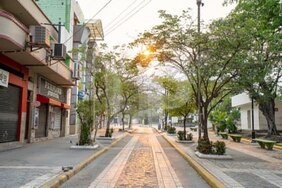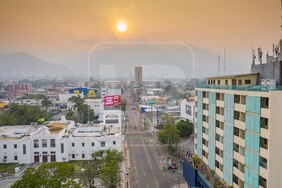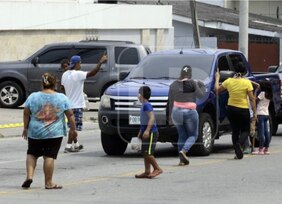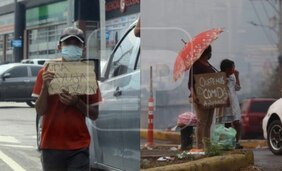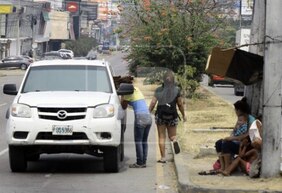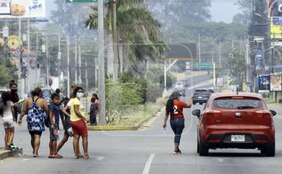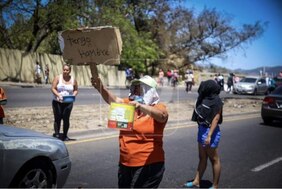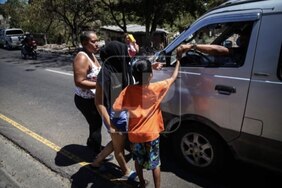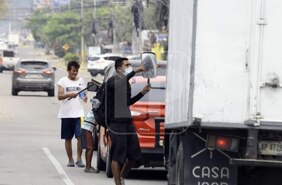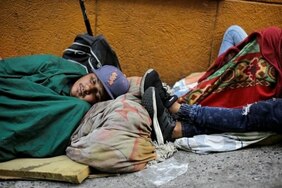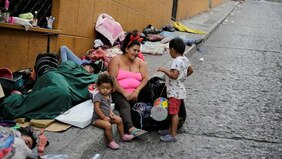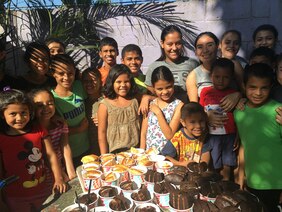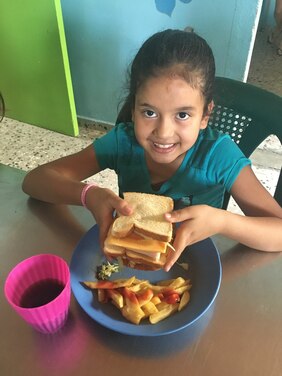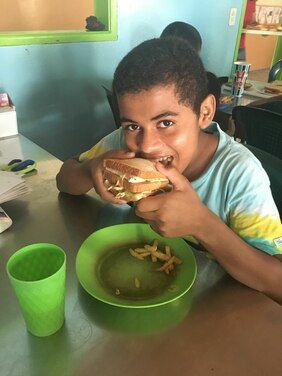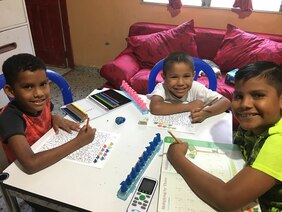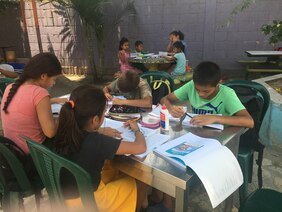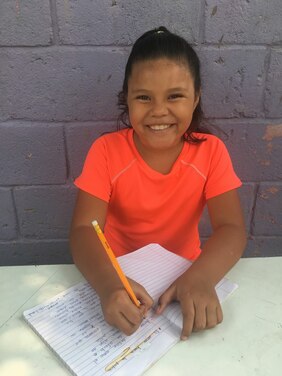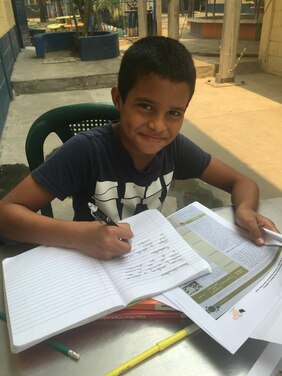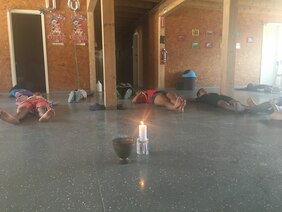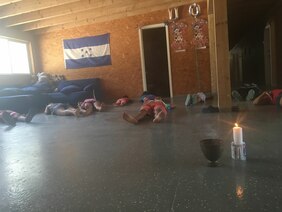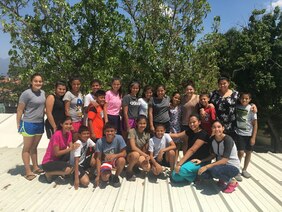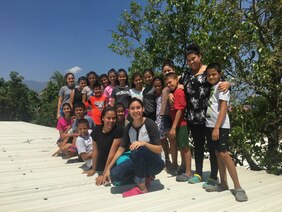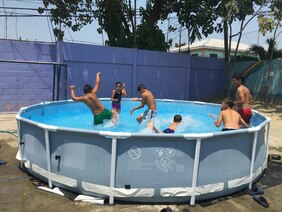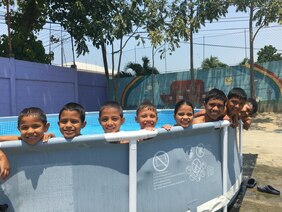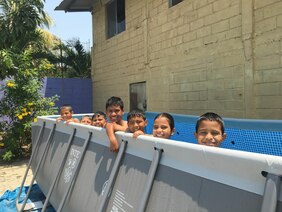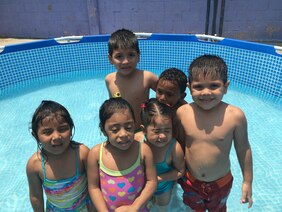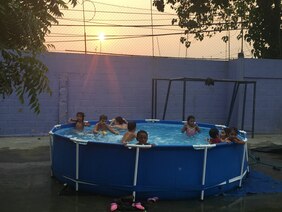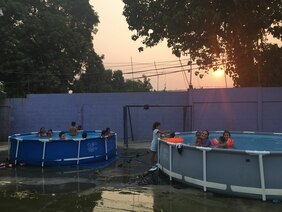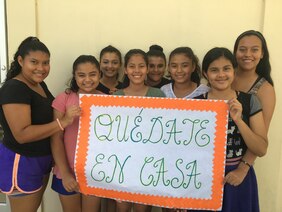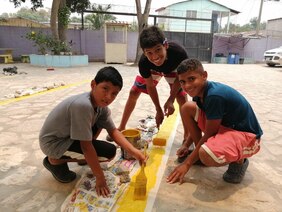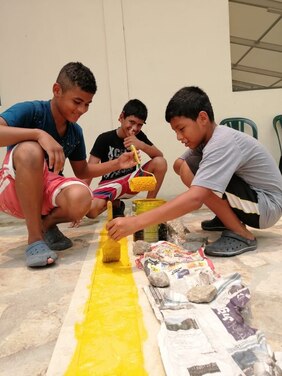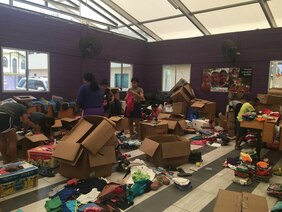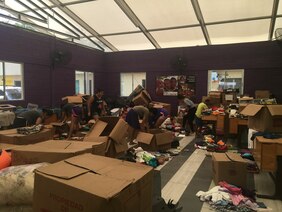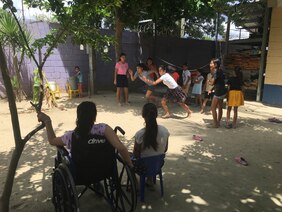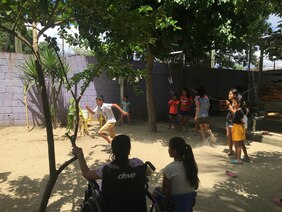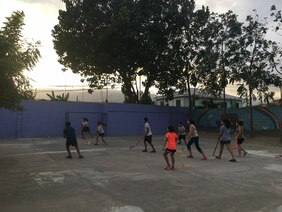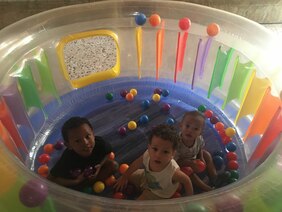General Situation in Honduras
After six weeks of quarantine, Honduras reported 804 COVID-19 infected patients at the end of April. Most of them (75%) in the department of El Cortés, where our children's home in San Pedro Sula is located.
On April 30, the Central American region registered 9002 confirmed cases with laboratory tests. Of these, Panama reported 6,532 (73%), Honduras 804 (9%), Costa Rica 719 (8%), Guatemala 557 (6%), El Salvador 377 (4%) and Nicaragua 13 (less than 1%).
The government reported a steady increase in the number of confirmed cases and the number of deaths through daily radio and television broadcasts and through the national risk management system (SINAGER), which rose to 75 at the end of the month.
In mid-March, after the government learned of the first cases from abroad, it imposed a curfew to stop the movement of people throughout the country, thereby preventing the spread of the disease. Honduras has one of the continent's most ailing health systems. During the first few days, everyone adhered strictly to the total curfew, and the city of San Pedro Sula was virtually extinct.
The UN Food and Agriculture Organization, the FAO, has warned that the economic crisis left by the new corona virus could lead to starvation and thus become a humanitarian disaster for the whole of Latin America. In the so-called dry corridor of Central America (Guatemala, El Salvador, Honduras and Nicaragua), 3.2 million people have been in acute danger of losing their lives or livelihoods for years due to the lack of rainfall and the resulting food scarcity. This situation is dramatically worsened by the threat of economic crisis.
This reality could soon become tangible and visible in Honduras. Countless jobs have been lost. Among them were many day labourers, whereupon poor families had no income and consequently no food from one day to the next. The poor families' hardly exisiting reserves were used up after a short time. People who live daily on the income from selling flowers or vegetables on the streets are starving because the total curfew has shut everything down. People are dependent on themselves while food prices are rising. This immediately led to an increase in poverty and more people begging on the streets. At every light signal, sometimes whole families are waiting. The children try to touch the car windows with their sad and discouraged faces in order to get at least some lempiras. They see in every person who moves through the streets of San Pedro Sula in a car the hope to get something to eat.
General situation in the childrens’ home
As the pandemic spread across the country, we "withdrew" from the outside world and stayed within the safe walls of "Yo Quiero Ser...", following all safety measures to prevent COVID-19 infections affecting children and employees.
Since the government issued the national warning, we have not received any visits, bought sufficient food, water and medicine, and avoided all recreational activities outside the home.
We have had to restructure our daily lives to find a suitable rhythm. After breakfast we always did a meditation to start the day with positive energies and to let the children come to rest, so that the "being constantly locked up" would not be a burden on our minds... Sometimes we climbed up to the roof of the main building to breathe fresh air and enjoy the feeling of endless freedom.
Every Monday, our primary students receive the weekly work schedule and our secondary students follow the virtual school lessons every morning via the Zoom video conferencing platform. At first we were a little overwhelmed because we have children in every class. It's not easy to help all the children with their homework because there are so many of them... Thanks to good organisation and a clear structure, we managed to do it and the children have been getting good grades so far.
Also during the famous and important Easter week, we had absolute curfew. Therefore, did we set up swimming pools on our football field so that the children could swim and have fun. Everyone was happy about the refreshing and cooling activity.
On Good Friday we performed a ceremony and in the evening we watched the movie "The Passion of Christ".
On many afternoons we integrated games and fun into the program, so that there was a good change for the children and they could let off some energy. Since we had more time and everybody could help, we often cooked more time-consuming lunches and baked special snacks.
During these weeks we also did various jobs that had been on our "to-do-list" for a long time. For example, we put up various safety markings, sorted out our clothes storage, painted walls, etc.
Pearl's S. Buck saying "The true art of living is to see the wonderful in the everyday" has been with us throughout this special time...
